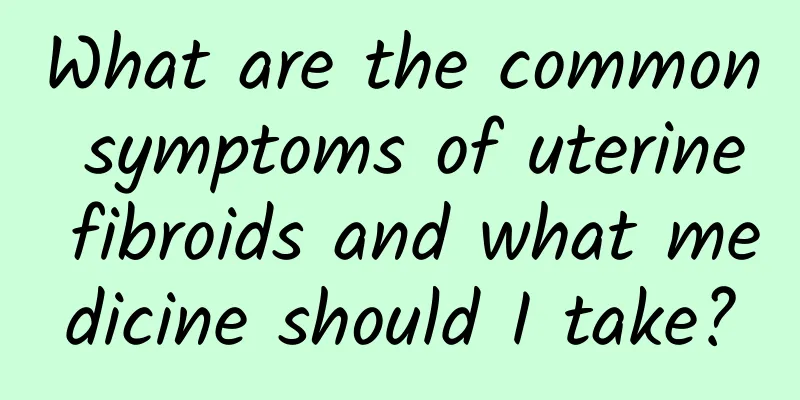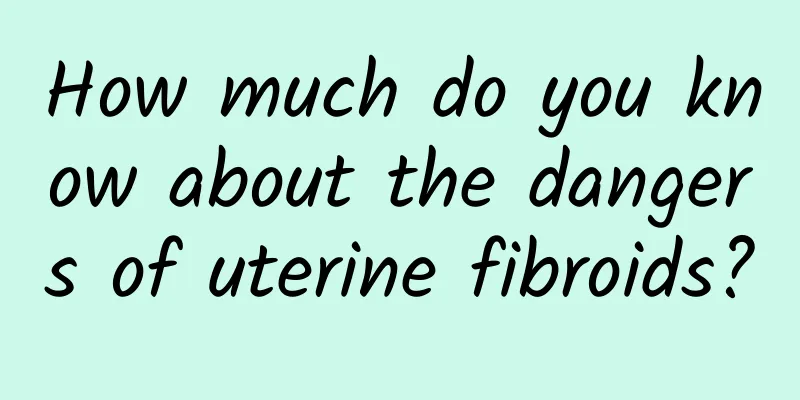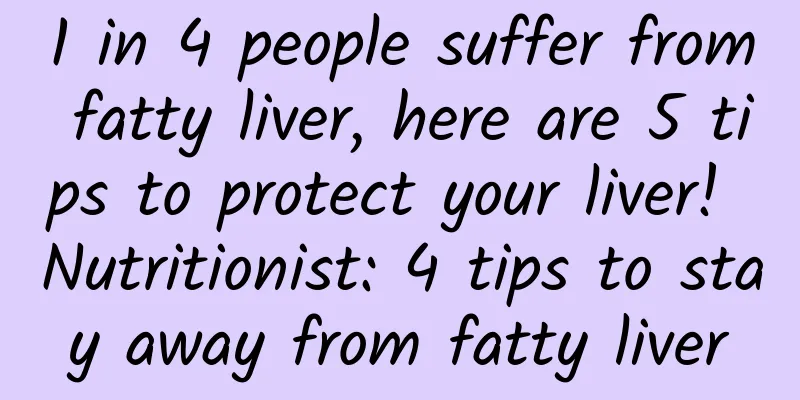What are the common symptoms of uterine fibroids and what medicine should I take?

|
Common symptoms of uterine fibroids include menstrual abnormalities (such as heavy menstrual flow, prolonged menstrual periods), abdominal pain, frequent urination, constipation, and infertility problems. Medical treatment includes the use of hormone drugs, gonadotropin-releasing hormone agonists (GnRH-a), and nonsteroidal anti-inflammatory drugs to relieve symptoms. 1) Common symptoms of uterine fibroids Uterine fibroids are a common benign tumor and the symptoms vary depending on the size, location and number of the fibroids. - Abnormal menstruation: The most typical manifestations are increased menstrual flow, prolonged menstrual period or irregular menstrual cycle. Some women also experience severe dysmenorrhea during menstruation. - Discomfort in the pelvic area: Because the fibroids press on surrounding organs, it may cause lower abdominal pain, frequent urination (pressure on the bladder) or constipation (pressure on the rectum). -Fertility problems: Larger fibroids may cause deformation of the uterine cavity, thereby affecting embryo implantation and leading to infertility or miscarriage. - Systemic symptoms: Excessive bleeding may cause anemia symptoms, including dizziness, fatigue, and even pale complexion. These symptoms need to be manifested according to individual constitution and specific circumstances. If the above problems occur for a long time, medical attention should be sought promptly. 2) How to choose drug treatment for uterine fibroids Patients with mild uterine fibroids can relieve symptoms through medication, but the medication must be used under the guidance of a doctor. - Hormonal drugs: Choose oral contraceptives (such as short-acting combined oral contraceptives), which can relieve menstrual abnormalities by regulating hormone levels and also reduce the growth rate of fibroids. -Gonadotropin-releasing hormone agonist (GnRH-a): This injectable drug can shrink fibroids by temporarily suppressing ovarian function and reducing estrogen secretion. It is often used before surgery to shrink fibroids and reduce surgical risks. - Non-steroidal anti-inflammatory drugs (such as ibuprofen): used to relieve pain symptoms caused by menstruation, but have no effect on shrinking the fibroids themselves. For the above medication methods, patients should choose a treatment plan based on the specific situation of the fibroids after a clear diagnosis by the doctor. 3) Improve dietary regulation of uterine fibroids Dietary intervention is also of great significance to the overall management of uterine fibroids: -Avoid high-estrogen foods: Since estrogen can promote the growth of fibroids, you should try to consume less health products containing progesterone and foods with hormone residues in meat. High-quality plant protein sources, such as soy products, are recommended. -Iron-rich foods: Because heavy menstrual bleeding may cause anemia, it is recommended to eat more iron-rich foods, such as red meat, eggs, spinach or animal liver. - Foods with antioxidant properties: Choose fruits and vegetables rich in vitamins C and E (such as oranges and carrots), which can help reduce the inflammatory response caused by fibroids. Uterine fibroids cannot be cured by diet alone, but combined with drug treatment, it can significantly improve the quality of life. Although the specific manifestations of uterine fibroids vary, abnormal menstruation and abdominal distension and pain are often common signals. If the symptoms are obvious or affect your normal life, it is recommended to seek medical attention in time. Comprehensive management of medication, surgery and diet can effectively control the progression of the disease and avoid further complications. |
<<: How to check female adnexitis
>>: Can uterine cysts be treated with medication?
Recommend
What are the symptoms of uterine fibroids? How to prevent and treat uterine fibroids?
Uterine fibroids are common benign tumors in the ...
High oil and high sugar levels cause obesity, and 3 types of body types can be distinguished! Chinese medicine practitioner: Eating winter melon porridge can help people with this body type lose weight
In order to lose weight quickly, many people seek...
Analyze which are the symptoms of menstrual disorders
Irregular menstruation can generally be manifeste...
What should I do if I have bleeding and lower abdominal pain many years after menopause?
What should I do if I have bleeding and lower abd...
Where is there a hospital that specializes in treating uterine effusion?
In fact, many female friends are familiar with th...
Bad living habits can easily lead to cervicitis in your life
According to surveys, cervicitis has become a com...
Can female ovarian cysts be cured? Surgery is necessary
Ovarian cysts are a common female disease. After ...
What are the symptoms of submucous uterine fibroids?
What are the symptoms of submucous uterine fibroi...
Why do women suffer from threatened miscarriage?
Why do women suffer from threatened miscarriage? ...
What is the procedure for women to have an abortion? Women must know the pre-abortion examination process
Because of unexpected pregnancy, many women will ...
Is there still leucorrhea after menopause?
Is there still leucorrhea after menopause? 1. Leu...
How to check for pelvic inflammatory disease
How to check for pelvic inflammatory disease? The...
How to prevent endometrial tuberculosis in daily life
Endometrial tuberculosis is a common disease amon...
How does TCM diagnose vulvar leukoplakia?
The diagnosis of vulvar leukoplakia in traditiona...
How is cervicitis diagnosed?
Cervicitis is one of the common diseases among wo...









